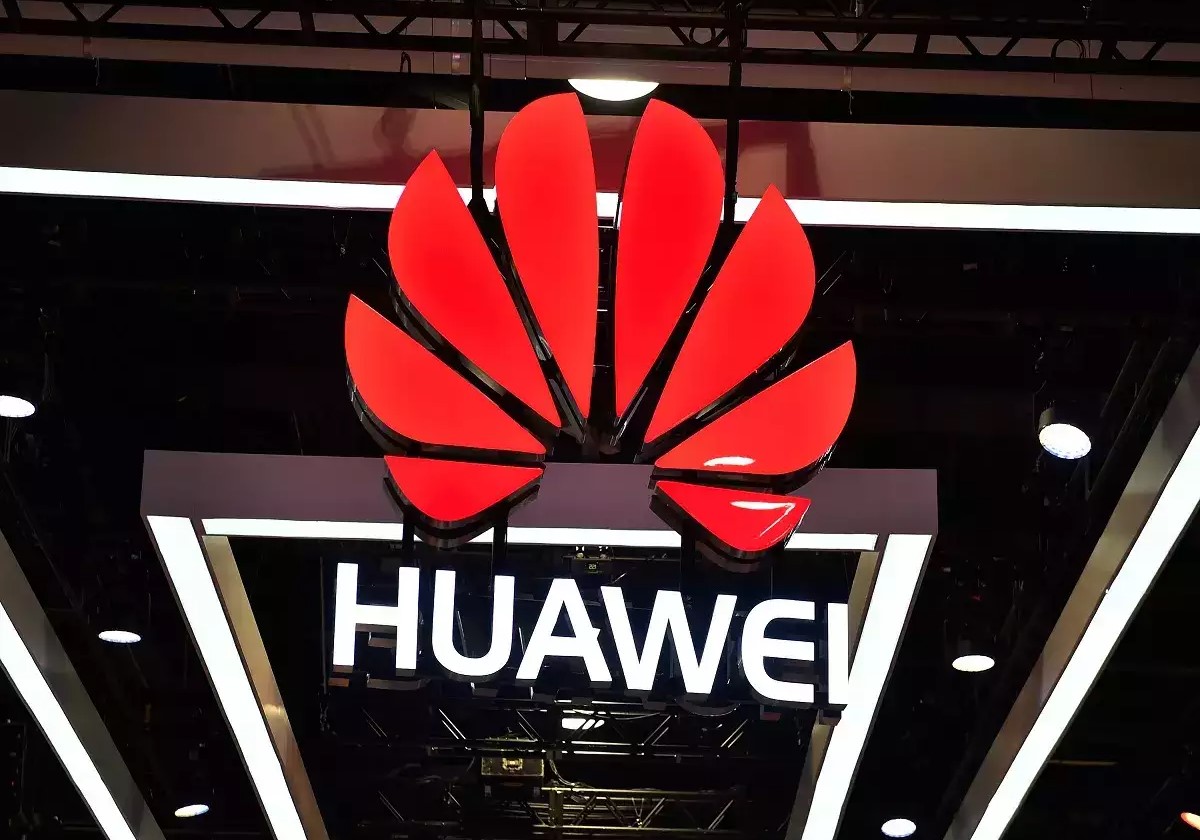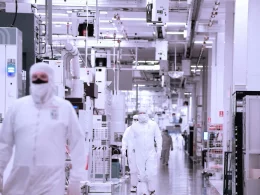NVIDIA, the prolific supplier of computing accelerators, has identified Chinese giant Huawei Technologies as one its primary competitors for the first time in its annual 10-K report, released along with other financial documents. This noteworthy factoid now provides an insightful outlook into the risk factors associated with their business.
As noted in NVIDIA’s Form 10-K annual report, Huawei Technologies too, is distributing GPU accelerators, central processors, and network componentry in the market and thus, presents as a solutions provider for AI-related cloud services. These observations give NVIDIA fair grounds to recognize Huawei as one of its substantial competitors.
Analysts estimate that the Chinese market capacity for AI system components stands at $7 billion. The US sanctions confining NVIDIA’s activities in the Chinese market give Huawei an apparent advantage. Ascend 910B accelerators developed by Huawei are thought to compare in performance with NVIDIA’s A100, which was launched almost three years ago. Although NVIDIA and Huawei aren’t on par in terms of advanced accelerators, Huawei’s products gain a competitive edge in the Chinese market due to the imposed sanctions.
In its financial reporting, NVIDIA flags Intel, AMD, Broadcom, and Qualcomm as notable competitors, given that the latter two manufacture telecommunication components. Furthermore, NVIDIA also counts cloud segment players Amazon and Microsoft as direct competition. It’s interesting to note that according to Form 10-K, one major cloud provider contributed 13% to NVIDIA’s revenue last fiscal year. Indirectly, a large client accounted for 19% of NVIDIA’s revenue, presumably paying about $12 billion for the company’s products throughout the fiscal year. This degree of revenue concentration also poses a certain risk for the company.





